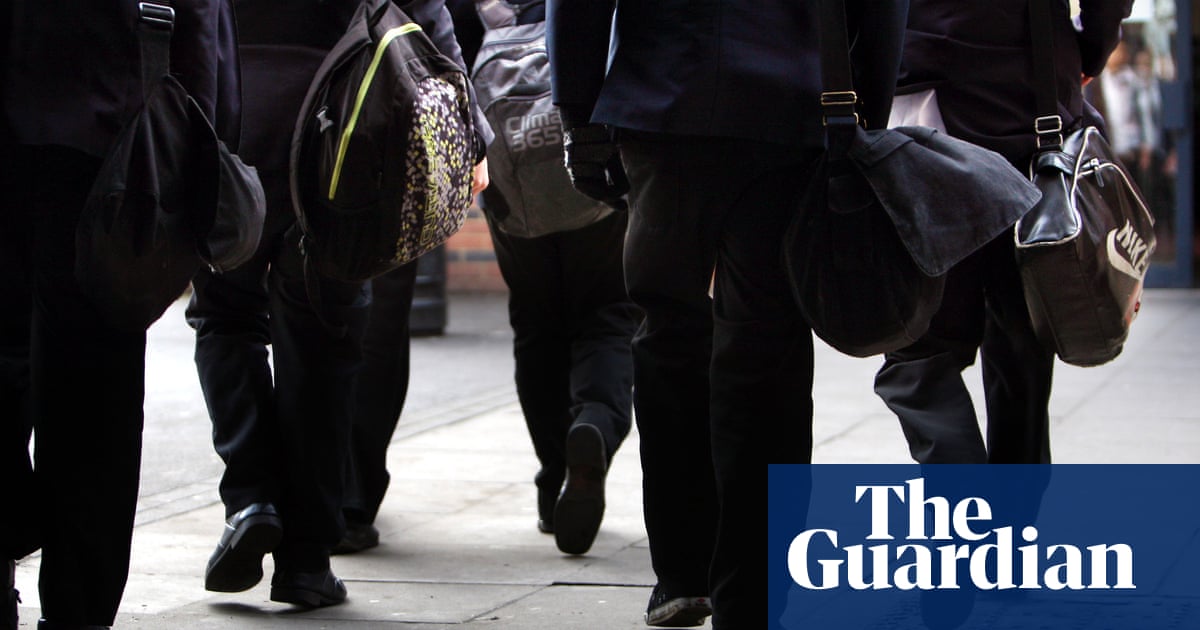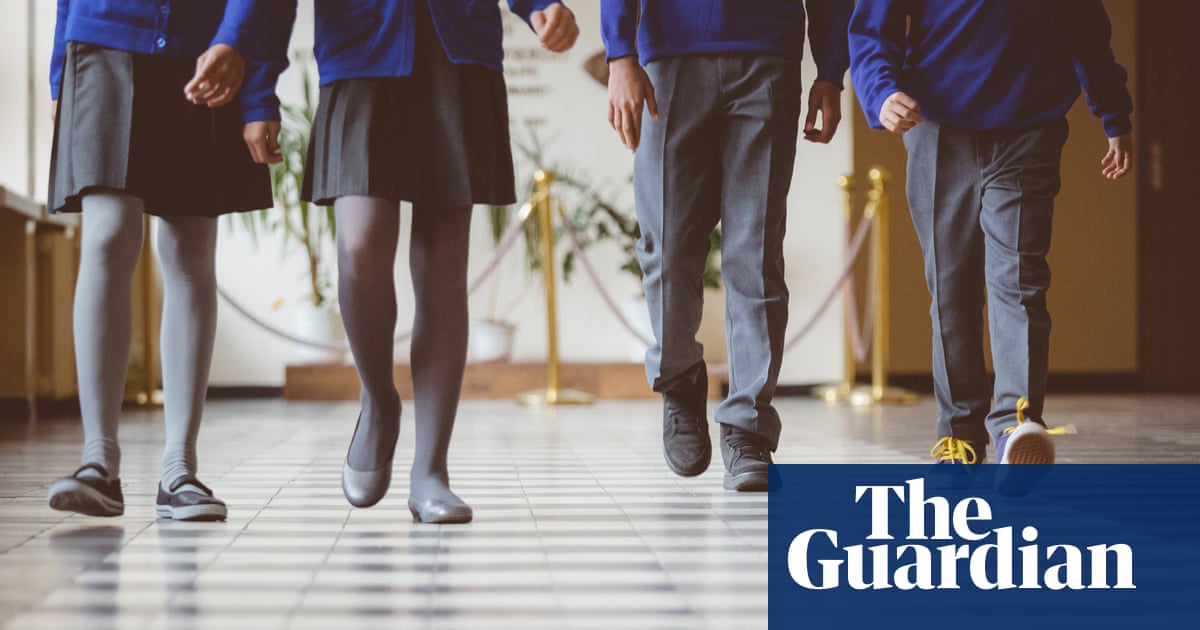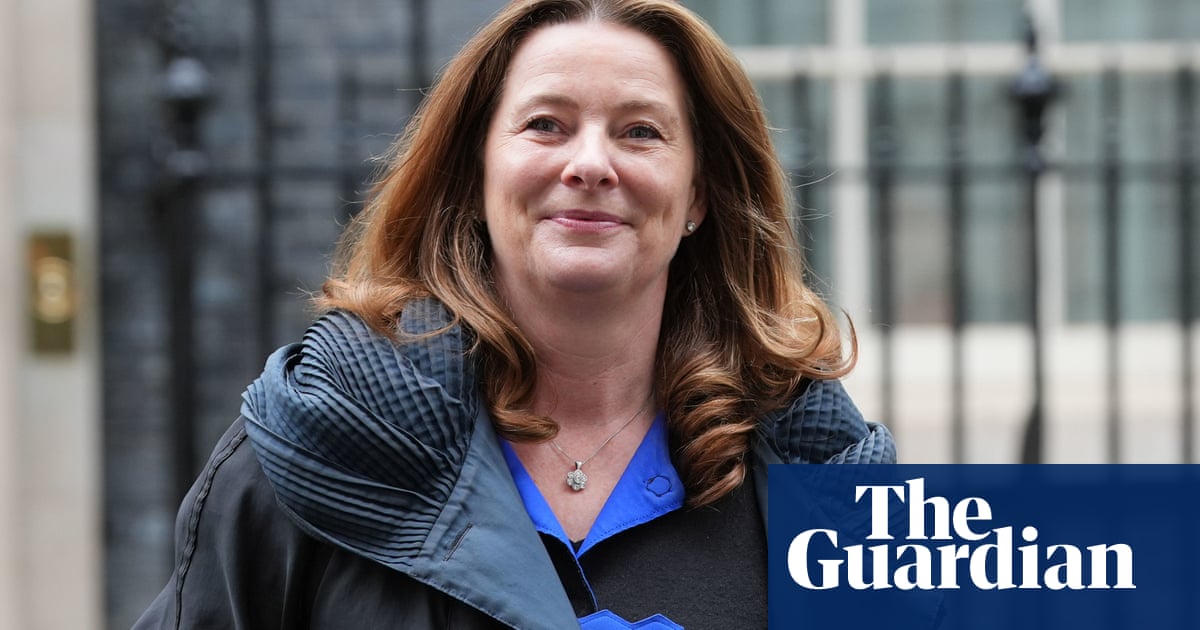
“Well-heeled and sharp-elbowed” families are most likely to benefit from complaining over this year’s GCSE and A-level results that may be distorted by bias and discrimination against disadvantaged pupils, according to MPs.
The MPs also warned that there was potential for the appeals system “to resemble the wild west” as different systems are used by different exam boards.
The House of Commons education committee is calling for Ofqual, the exam regulator in England, to examine whether some groups such as black and minority ethnic pupils or pupils with special needs “have been systematically disadvantaged” by the way the exam grades will be awarded.
Formal exams were scrapped earlier this year as a result of the coronavirus outbreak. Grades will instead be allocated by Ofqual to each school or exam centre based on their past performance. Individual pupils will then be awarded grades by exam boards for each course based on assessments and class rankings decided by their school.
But the committee of MPs said there were valid concerns that specific groups of pupils would suffer unfairly under the process. The MPs were particular alarmed that Ofqual’s standardisation model – used to distribute grades in a similar pattern to previous years – would unfairly penalise talented pupils.
“Ofqual must identify whether there is evidence that groups such as BAME pupils, pupils with special educational needs and disabilities, children looked after, and free school meal-eligible pupils have been systematically disadvantaged by calculated grades. If this is the case, Ofqual’s standardisation model must adjust the grades of the pupils affected upwards,” the committee concluded in its report.
Robert Halfon, the Conservative MP for Harlow who chairs the education committee, said: “We have serious worries about the fairness of the model developed by Ofqual. There is a risk it will lead to unfair bias and discrimination against already disadvantaged groups and we are far from convinced that the appeal system, which will be more important than ever this year, will be fair.
“The appeals process seems to favour the well-heeled and sharp-elbowed and there is the potential for the system to resemble the wild west of appeals, with different systems used by different exam boards.”
The MPs also criticised Ofqual’s planned appeal route, saying that it put the onus on individual families to prove bias or discrimination, which the committee said was “an almost impossible threshold for any pupil to evidence”.
“Ofqual must urgently publish the evidence thresholds for proving bias or discrimination, clearly setting out what evidence will be required, including example case studies. This must be communicated to parents and pupils in advance of results day,” the report said.
A spokesperson for Ofqual said its standardisation model was “a critical tool” to make sure standards were broadly similar to previous years.
“We have extensively tested the model to ensure it gives students the fairest, most accurate results possible and, so far as possible, that students are not advantaged or disadvantaged on the basis of their socioeconomic background or particular protected characteristics, and we will evaluate outcomes.
“We agree that students, their parents, carers and teachers need to understand how their results have been calculated and we have committed to publishing full details of the model in due course.
“We, and exam boards, will do all we can to help students and their families understand how to access an appeal or make a complaint about bias, discrimination, or another concern.”
The committee of MPs also voiced concern that sixth-form pupils taking A-levels next year would not be eligible for the “catch-up” funding offered by the government in England.
“The government must extend catch-up funding to include disadvantaged post-16 pupils to ensure this is not a lost generation. This should be done by doubling the disadvantage element in the 16–19 funding formula for pupils in year 12 for at least the next year,” the MPs said.












